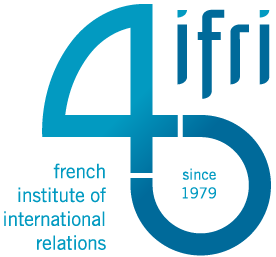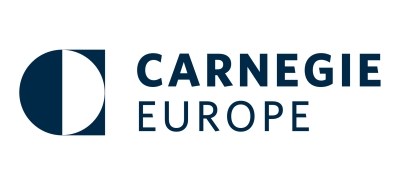
© picture alliance / AA Dursum Aydemir

© picture alliance / AA Dursum Aydemir
This project aimed to contribute to the political and public debate on whether to change the political system in Turkey – first, reflected on Turkey’s experiences with different political systems as well as those of other countries and second, offered policy proposals and recommendations around essential features and qualities that any new political system needs to have.

The project aimed to discuss how the power shift to Asia occurred over the last two decades, assessing its impacts on Turkey-Asia relations and examining its consequences for Turkey-EU relations.
This project aimed to investigate the sociopolitical dimension of the dynamics and patterns of urban climate change policy in Turkey. We aimed to answer two research questions: First, did different actors – including public officials working in the national and local governments, political parties, business communities and civil society groups – perceived and approached local climate change policy differently in Turkey? And second, how did local climate change policy narratives relate to each other?
Organized by members of ELIAMEP’s Turkey Programme in collaboration with Medyascope, the ELIMED webinars and papers aimed to foster a more informed and sophisticated debate in seven important areas. Topics under discussion ranged from the future of Turkish governance and media to the role of women in Turkey’s public life to Turkey’s evolving policy towards Asia and Eurasia.

We aimed to explore the possibilities of and limitations to cooperation between Istanbul and comparably important German cities (such as Berlin, Hamburg, Munich, and Cologne) that have already demonstrated effectiveness in addressing two common challenges: tackling climate change and protecting vulnerable groups, including refugees, women and those living below the poverty line.

This research explored the potential for cooperation on environmental peacemaking and environmental geopolitics between the regional powers of the Eastern Mediterranean – namely Turkey, Egypt and Israel – in order to decrease the tensions of potential conflicts and environmental degradation in the region.

This research project aimed at identifying the underlying biases shaping France’s foreign policy towards Turkey in the Eastern Mediterranean, and the way it may impact the EU’s external positions.

Turkey-European Union relations have been fluctuating in recent years, leading to a relationship which seems to be driven more by crisis management than representing an equal partnership. In that light, Africa offers an underexplored area of research to examine the possibilities of such cooperation as well as identify the points of contention.
This research project examined the ‘Africa strategies’ of Turkey and the EU in order to understand to what extent North Africa – more specifically, Morocco, Egypt and Algeria – could provide a venue for cooperation between the two actors.

The central aim of this research was to examine and understand European and Turkish decision-makers’ perceptions of the three dimensions of EU-Turkey cooperation in the Syrian crisis: the EU-Turkey Statement, Turkish politics vis-à-vis Syrian refugees in Turkey, and EU-Turkey cooperation as seen as the future of Syria.

In the last couple of years, developments in Syria have added an extra layer to the already complicated relationship between the EU and Turkey. Cooperation and discord have mainly been on two key issues: the refugee crisis and the threat of terrorism, which is associated with the phenomenon of European foreign fighters. This project aimed at identifying opportunities and constraints for EU-Turkey cooperation in Syria.

Carnegie Europe has convened three off-the-record policymaker roundtables on Turkey in London, Berlin, and Brussels. Each discussion engaged officials from national governments, key ministries and parliaments to review their country’s posture toward Turkey and policy options for the relationship moving forward. Due to the pandemic, the roundtables had to take place in a digital format.

The current state of play in EU-Turkey relations reflects the state of the international order. While the de jure framework for relations between the EU and Turkey is the Accession Process whereby Turkey has been a candidate for accession to the European Union since 2005 (although its candidature remains frozen), the transactional state of the world order over the last few years, as well as economic, social and political crises within a number of European states, have led to a significant crisis in trust between Turkey, the EU and its member states.
The demographic futures of Turkey and Europe are entwined. The influx of nearly four million Syrians fleeing the civil war is Turkey’s most significant demographic change in decades. The project aimed to develop a comprehensive strategy that addresses the key security questions in northern Syria and advances a coordinated EU response in coordination with the U.S. in 2021.